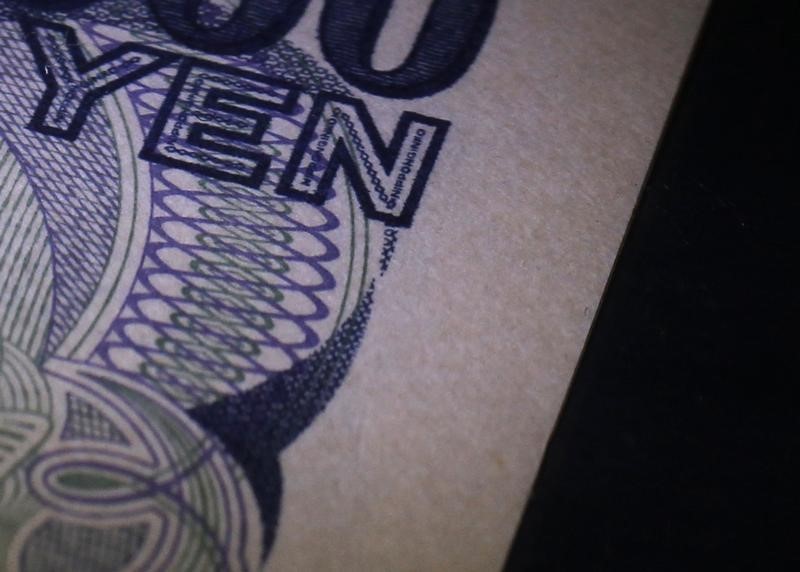* Yen rebounds against dollar, euro
* BOJ saves its ammunition, opts to stand pat on policy
* Aussie stays on bullish footing (Recasts, adds details)
By Anirban Nag
LONDON, Oct 7 (Reuters) - The yen rose broadly on Wednesday after the Bank of Japan kept monetary policy unchanged and Governor Haruhiko Kuroda struck an optimistic note about the economy despite recent weakness.
The yen had been pressured earlier amid some talk that the BOJ would ease in the wake of weak economic data and flagging inflation, but the central bank kept monetary policy steady, preferring to keep its already limited options open.
Nevertheless, lingering fears of recession will keep the central bank under pressure to ease at a potentially more important meeting on Oct. 30, when it is expected to cut its long-term economic and price forecasts, analysts say.
"Some investors had been hoping for signs of easing from the BOJ," said Niels Christensen, FX strategist at Nordea. "That did not happen. But the BOJ will be under pressure to ease later in the year because of weak inflation and a slowdown in China."
The dollar was down 0.2 percent at 119.97 yen JPY= , pulling back from the day's high of 120.36. The euro fell 0.4 percent to 134.85 yen EURJPY=R . Despite the yen's rise, analysts and traders believe it will come under selling pressure before the late-October meeting.
"I still expect the BOJ will ease policy further later this month when it is likely to cut its economic projections," said Yasunari Ueno, chief market economist at Mizuho Securities in Tokyo.
"There was no reason to act today given relatively firm readings in the latest tankan and stability in financial markets," he said, referring to the central bank's wide-ranging, quarterly business sentiment survey.
Meanwhile, commodity and growth-linked currencies like the Australian dollar retained their bullish momentum. The Aussie touched a more than two-week high of $0.7199.
Investors are increasingly uncertain whether the Federal Reserve will raise interest rates in coming months with U.S. jobs growth slowing. That has weighed on the dollar and fed risk sentiment, benefiting currencies like the Aussie.
The euro fell 0.3 percent to $1.1237 EUR= after gaining 0.7 percent against the greenback on Tuesday. The single currency was pegged back by data that showed German industrial output fall in August at its fastest pace in a year, suggesting Europe's largest economy may have lost momentum in the third quarter.
